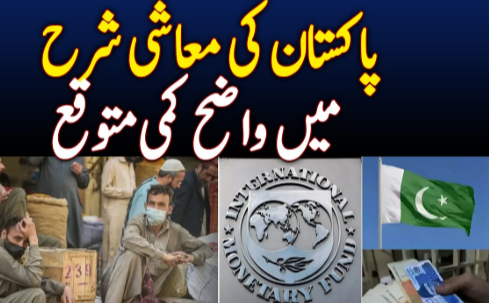Journalists serve as essential conduits for information in today’s fast-paced world. Their role encompasses fact-checking, investigative reporting, and providing context. This ensures the public receives accurate news, fostering informed opinions. Moreover, they amplify diverse perspectives, enriching media narratives. However, the challenges they face in maintaining integrity and transparency raise critical questions about the future of journalism. What implications do these challenges have for society’s understanding of truth and accountability?
The Importance of Fact-Checking in Journalism
Although the rapid dissemination of information has transformed the media landscape, the necessity for rigorous fact-checking remains paramount in journalism.
Fact verification ensures that news reports are grounded in truth, enhancing source credibility.
Journalists who prioritize these practices not only uphold ethical standards but also empower audiences with reliable information, fostering informed discourse and safeguarding the principles of freedom and democracy.
Investigative Reporting: Uncovering the Truth
Investigative reporting serves as a cornerstone of journalism, revealing truths that might otherwise remain hidden from the public eye.
This form of reporting often relies on whistleblower protections to ensure the safety of those who disclose critical information.
Ethical considerations play a vital role, as journalists must balance the pursuit of truth with the potential consequences for individuals and society at large.
Providing Context and Analysis
Providing context and analysis is essential for journalists aiming to deliver comprehensive news coverage.
By integrating background information and presenting a critical perspective, they enable audiences to grasp the complexities of issues.
This approach fosters informed discourse, allowing individuals to understand not just the facts, but also the implications and underlying factors that shape the news, ultimately empowering them in their pursuit of freedom.
Amplifying Diverse Voices in Media
As media landscapes become increasingly diverse, the need for journalists to amplify varied voices becomes paramount.
Effective journalism must prioritize community representation and seek out marginalized perspectives, ensuring that the narratives of underrepresented groups are heard.
Conclusion
In conclusion, journalists serve as essential guardians of truth in an era marked by information overload. A 2021 Pew Research study found that 64% of Americans believe that news organizations contribute significantly to the public’s understanding of current events, highlighting the critical role of journalism in fostering an informed citizenry. By prioritizing fact-checking, investigative reporting, and inclusivity, journalists not only uphold democratic values but also empower society to engage meaningfully with the complexities of the modern world.











